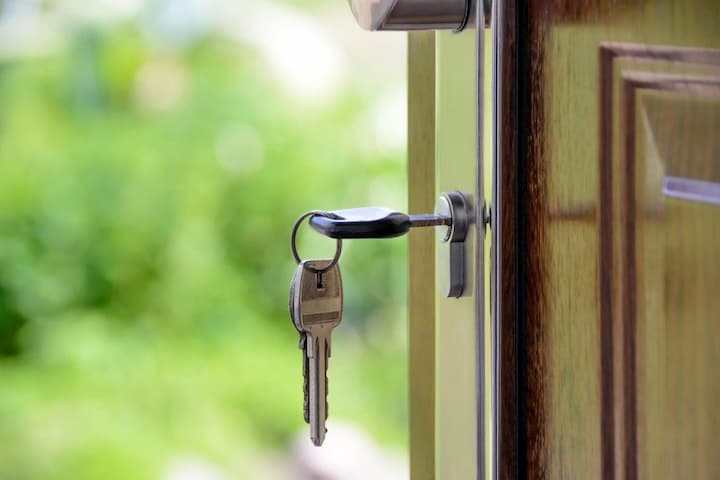If you’re in your 50s or 60s and you’re ready to buy your move-up home, plenty of challenges await you. Perhaps your adult child is moving back home or your aging mother wants to come to live with you.
The good news is that you also have some big advantages over your younger home-buying peers.
"Typically, people in their older years are the most prepared for such an investment," says Natalie Frazier, a real estate salesperson with Fenwick Keats Real Estate in New York City. "They have a steady history of employment, an opportunity to have built strong credit and have usually been able to save up a good amount for a down payment."
The buy-and-sell tango
One of the bigger challenges that Cara Ameer, a real estate agent with Coldwell Banker Vanguard Realty in Ponte Vedra Beach, Florida, has seen with her 50- or 60-something buyers is that so many of them have to sell an existing home before they can buy a new one.
"They either don't want to or can't swing making two mortgage payments at once," Ameer says.
This is a delicate dance that many younger buyers don't face. Of course, buyers would prefer to sell their existing homes and then move immediately into their new ones. Getting this to happen isn't easy.
If you’re an older buyer, chances are you are going to take your time to find a home since it’s likely to be your final home purchase, says Ameer.
Since finding temporary rental housing is never easy, Ameer says the best move that older buyers can make is to study their markets carefully to understand how long it has taken similar homes to sell.
Adult kids and aging parents
Adult children and aging parents can throw new wrinkles into the home-buying plans of older buyers as well, says Ameer.
"If they're worried about their aging parents, they might only be looking at ranch homes," she says. "If they have adult children living with them, they might hesitate before down-sizing quite as much as they might like."
Should I downsize?
Miguel Berger, president of Better Homes and Gardens Real Estate Tech Valley in Albany, New York, says that many of his older clients tell him that they want to downsize. But often, these clients are not realistic about how small of a home they can stand.
It's not always easy to downsize when you're used to living in a 2,000-square-foot home, Berger says.
"I've had clients call me up six months after downsizing to tell me that they can't do it. Their new homes are too small," Berger says. "Downsizing sounds good. But often, it's not as satisfying as you might think. It's not easy moving from a larger home to one that is too small."
So before you shop for that two-bedroom condo, make sure that small living is something that you really want.
Crimping your retirement
Carolyn Dunlavy, owner of Jade Tree Retirement Planning in West Hollywood, California, says that older buyers are often immersed in saving for their retirement years. Buying a new home, and taking on the costs of a new mortgage loan for the next several decades, can eat into your retirement savings, she says.
"Older buyers risk depleting their future retirement funds even more if they are both saving less for retirement and withdrawing from their IRAs to fund buying a home," Dunlavy says. "That can be a double whammy."
You need to carefully weigh whether your decision to buy a new home will make your retirement years less financially stable.
A mortgage into retirement?
Financing a home in your 50s and 60s means having a monthly mortgage payment throughout your retirement years.
Older buyers might prefer a shorter-term mortgage, says Doug Leever, mortgage sales manager at Tropical Financial Credit Union in Miramar, Florida, but shorter-term loans, while having lower mortgage rates, come with higher monthly payments.
"Can you afford the payment that comes with a shorter-term loan? That's a big question for many older home buyers," Leever says. "Some can't, and they have to really look at their finances to determine if they can handle a mortgage payment in their retirement years."
Falling home values
Older buyers have traditionally relied on the profits from the sale of their existing homes to cover their down payment and closing costs on the purchase of their move-up or down-sized residences. But in today's market, that might not be a possibility for you depending on when you purchased your home, says Lee Williams, a real estate salesperson with Charles Rutenberg Realty in New York City.
"That can be quite a shock, and can even keep older buyers from purchasing their dream homes," Williams says.



